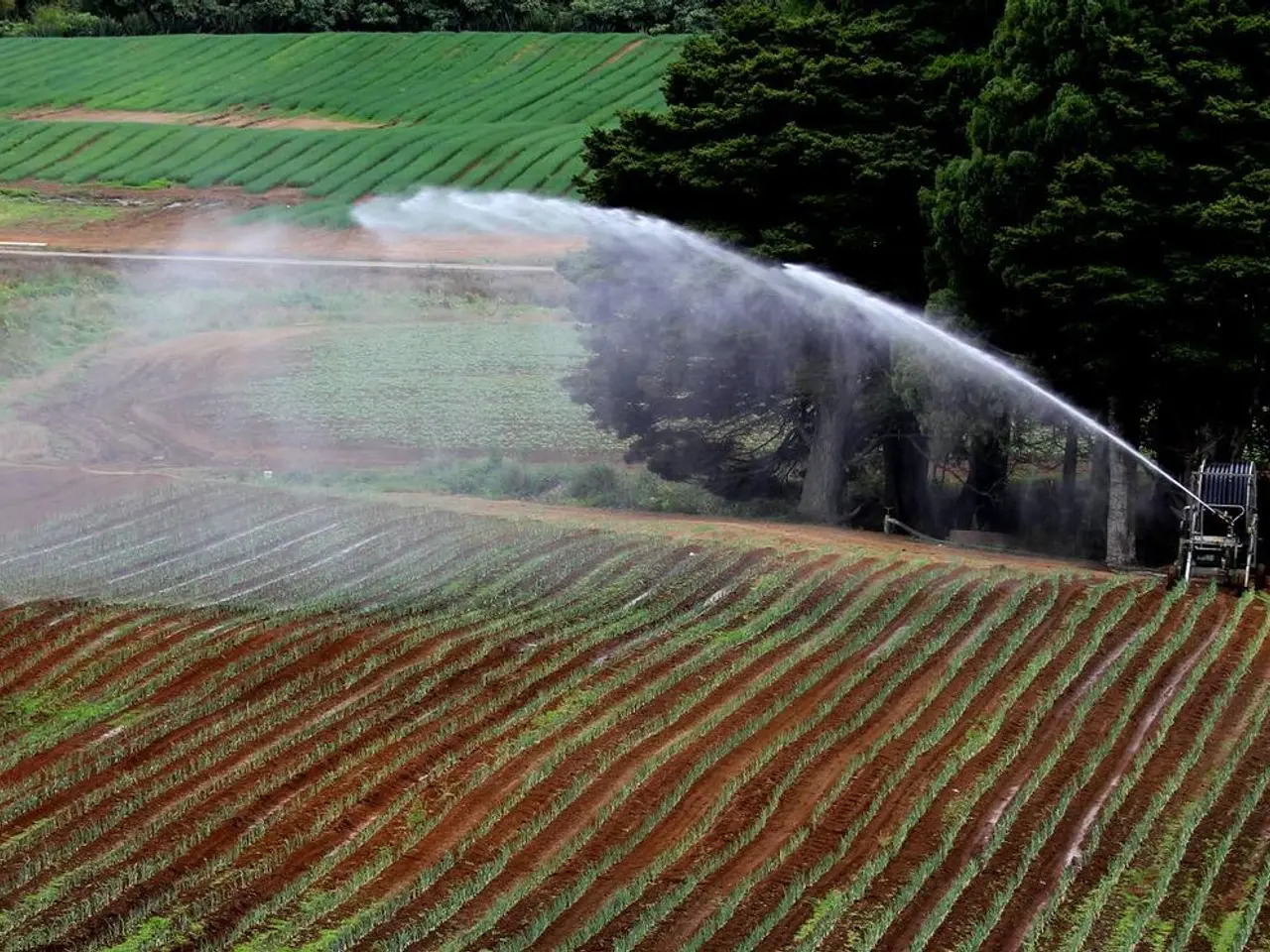CGIAR & Gates Foundation Team Up to Support African Smallholder Farmers in Fight Against Climate Change
Climate change, even with net-zero emissions by 2050, will continue to impact smallholder African farmers for decades. Irregular rains and droughts pose significant challenges, yet less than 2% of climate finance reaches these farmers. CGIAR and the Gates Foundation are stepping in to help.
CGIAR, a global research partnership, aids small-scale farmers by providing agricultural research, digital tools, and social safety nets. The Gates Foundation, committed to doubling CGIAR's budget by 2030, has pledged US$1.4 billion to support these efforts. Women farmers, more vulnerable to climate impacts, are a key focus.
Partnerships are crucial. CGIAR supports African-led initiatives to develop climate-resilient forage grasses and provides climate-smart agriculture information via text messages. However, systemic changes are needed. Current climate finance prioritises large-scale projects, lacks long-term partnerships, and overlooks necessary reforms. To address this, targeted investments, long-term partnerships, and systemic reforms are essential for resilient and inclusive agro-food systems.
Climate change negatively impacts the agricultural sector, particularly in low- and middle-income countries. CGIAR and the Gates Foundation are working together to build a sustainable global food system and support affected communities. By investing in smallholder farmers and fostering long-term partnerships, they aim to drive systemic reforms and enable climate-friendly food systems.
Read also:
- Government Updates: Key Points from Today's Press Information Bureau (12-09-2025)
- Event at BHS Assures: No Reason for Concern on Right Road Occurrence
- Unfair Expenditure Distribution, Secret Tourists, Looming Rabies Threats: Latest News Roundup
- Hydrogen: Eco-friendly Alternative or Energy Imperialism Debate?








